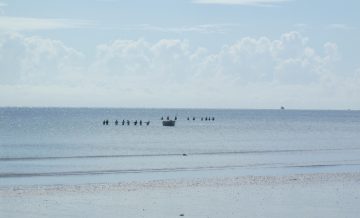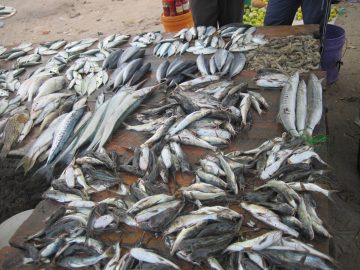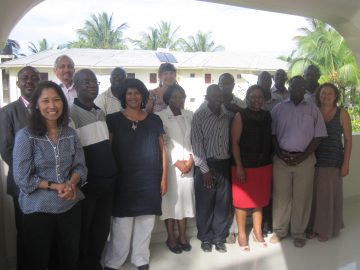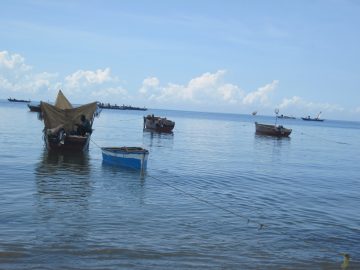Authors: Anna Schuhbauer, Tracey Dennis and Joseph Luomba
Working Group 2 of a project named Too Big To Ignore (TBTI) – A global network for Small-Scale Fisheries Research http://toobigtoignore.net/, focuses on the economic viability of small-scale fisheries. Small-scale fisheries are often marginalized and face many threats such as climate change, globalization, industrial fisheries and market shifts. To be able to withstand these threats, fisheries need to be prepared. A major step to achieve this is to help improve their economic viability. First, there is a need to understand what economic viability means to find out how it can be assessed. A framework was developed, based on literature reviews and the most important attributes describing economic viability were identified and discussed. This framework will be used to find out what makes a fishery vulnerable to large-scale processes of change and to try find solutions to increase their resilience. Economic viability encompasses not only financial attributes such as profit, but also socio-economic criteria. We need to understand how, for example, cultural aspects and distribution of benefits within the fishing community influence the economic viability of that fishery and to assess if there are problems and where they lie. TBTI consists of seven Working Groups distributed across all continents. Working Group 2 is in charge of strengthening the base of small-scale fisheries research and focuses on Africa, where economic underperformance has been identified as one of the major problems fisheries are facing.
To dig deeper and to understand how this framework can be applied most efficiently in the real world, TBTI organized a workshop, hosted by Dr. Paul Onyango, from the University of Dar es Salaam, Tanzania, with support from the Benguela Current Commission. The workshop invited fisheries researchers and practitioners from all over Africa. Seventeen people attended, twelve of whom presented small-scale fisheries case studies with a focus on economic viability from nine African countries. There were professors, researchers from government institutions, NGOs, students and fishers, who came from Morocco, Ghana, Nigeria, Uganda, Kenya, Tanzania, Mozambique, Malawi and South Africa. They represented an incredible diversity of people and topics, including both freshwater and marine small-scale fisheries.
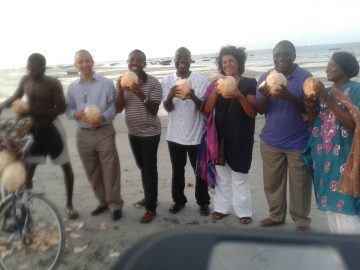
Beach, Bagamoyo, Tanzania, refreshments at the end of the day, April 2014 (photo credit: Francis K.E. Nunoo)
The workshop was one of the most vivid workshops I have attended. We learned so much from each other, laughed a lot and everybody engaged with both constructive criticism and praise. We learned about how fishers get paid with ‘chap-chap’ fish, how subsistence fishers sell their catches to eat chicken instead, that fish from Lake Albert gets transported in Chinese trucks, how fisheries of Lake Victoria highly depend on Nile perch and daga, that fishers who get away with not paying taxes actually receive subsidies and that we are all citizens of our countries who need to speak up. Some of the major discussion points were about definitions: How to define small-scale? What are the relevant social aspects of economic viability? How do we figure in external forces that influence the fishery? And where are the limits of the social system, i.e. the fishing community which will be assessed? Many questions and no straight forward answers yet, but a common understanding that these discussions will be continued to gain a clear understanding of the different terms.
We became friends and expanded our network to exchange experiences and work together, step by step to achieve our mission which is to rectify the marginalization of small-scale fisheries and with it contribute to food-security and poverty alleviation in small-scale fishing communities. This is a long windy road with many obstacles but by working together and realizing that similar problems are being faced in many different places we are confident that this work will be a success. The developed framework is currently being revised based on the workshop’s results and will be made available through the TBTI network once finalized.

